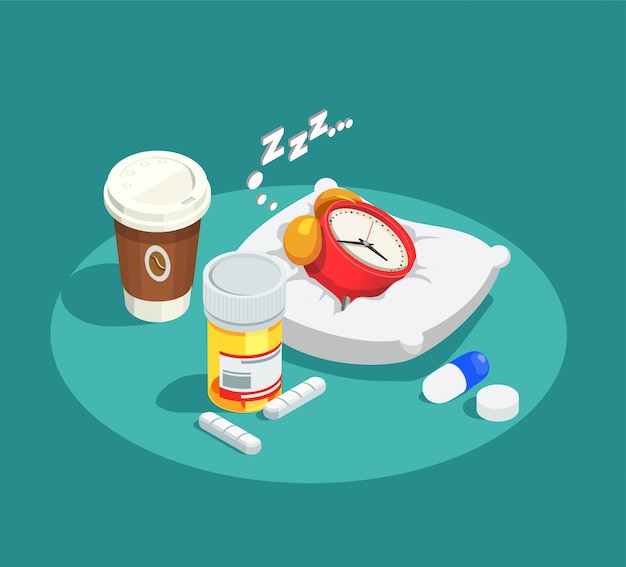Hormones are your body’s chemical messengers, controlling everything from mood and energy to sleep and metabolism. For students juggling academics, social life, and self-care, hormonal imbalances can silently sabotage focus, weight, and emotional well-being. The good news? Many of these imbalances stem from everyday habits — and most are fixable.
Fact: Both men and women produce key hormones like cortisol, insulin, and thyroid hormones. Imbalances impact everyone.
Fact: Lifestyle changes often restore balance naturally — especially in young adults.

Sleep regulates cortisol and melatonin. Less than 7 hours disrupts insulin sensitivity and increases hunger hormones like ghrelin.
Too much coffee spikes cortisol and adrenaline, leading to energy crashes and anxiety.
Irregular eating confuses insulin rhythms. Try to eat every 3–4 hours to stabilize blood sugar.
Packaged snacks often contain additives and trans fats that interfere with thyroid and insulin function.
Fats are building blocks for sex hormones. Include avocados, nuts, and olive oil daily.
Too much intense training elevates cortisol and lowers testosterone and progesterone.
Sedentary behavior reduces insulin sensitivity. Stand, stretch, or walk every hour.
Ongoing stress keeps cortisol high, weakening immunity and disrupting sleep and appetite.
BPA and phthalates in plastics mimic estrogen and disrupt endocrine function.
Protein supports dopamine and serotonin production and helps regulate insulin.
Blue light suppresses melatonin. Avoid screens 60–90 minutes before bed.
Triclosan, found in some soaps, may interfere with thyroid hormones.
Your gut microbiome helps regulate estrogen. Eat fiber and fermented foods like yogurt or kimchi.
Water is essential for hormone transport and liver detoxification. Aim for 8–10 glasses daily.
Slouching can compress organs and affect breathing, increasing stress hormone output.
Even moderate drinking affects liver function and estrogen metabolism.
Going without morning fuel disrupts cortisol rhythm and leads to overeating later.
Some sweeteners may alter gut bacteria and insulin response.
Natural daylight helps regulate circadian hormones. Spend at least 15–30 minutes outside daily.
Emotional suppression increases cortisol. Journaling or talking helps process stress.
Herbal supplements like maca or vitex can affect hormone levels. Always research or consult a professional.
Seek professional help if you experience severe fatigue, unexplained weight changes, or irregular periods. Hormonal issues can sometimes signal underlying conditions.
Avoid extreme diets or detoxes — they often worsen imbalances. Small, consistent changes are more effective and sustainable.
Balancing hormones isn’t about perfection — it’s about awareness. As a student, you have the power to build habits now that support long-term health. Start with one or two changes from this list, track your energy and mood, and build from there.

Wellness

Wellness

Wellness

Wellness

Health

Health

Health

Wellness

Wellness

Wellness

Wellness

Wellness

Health

Fitness

Health

Health